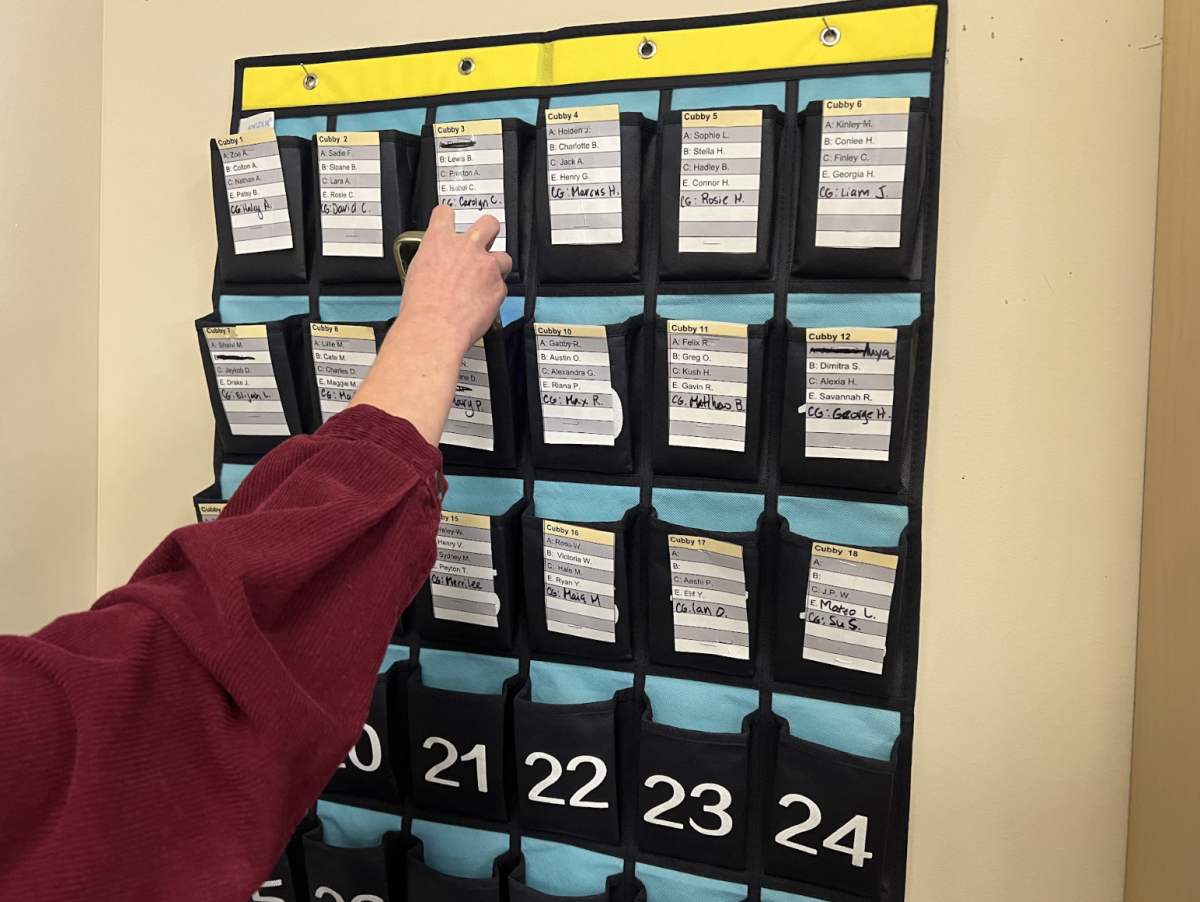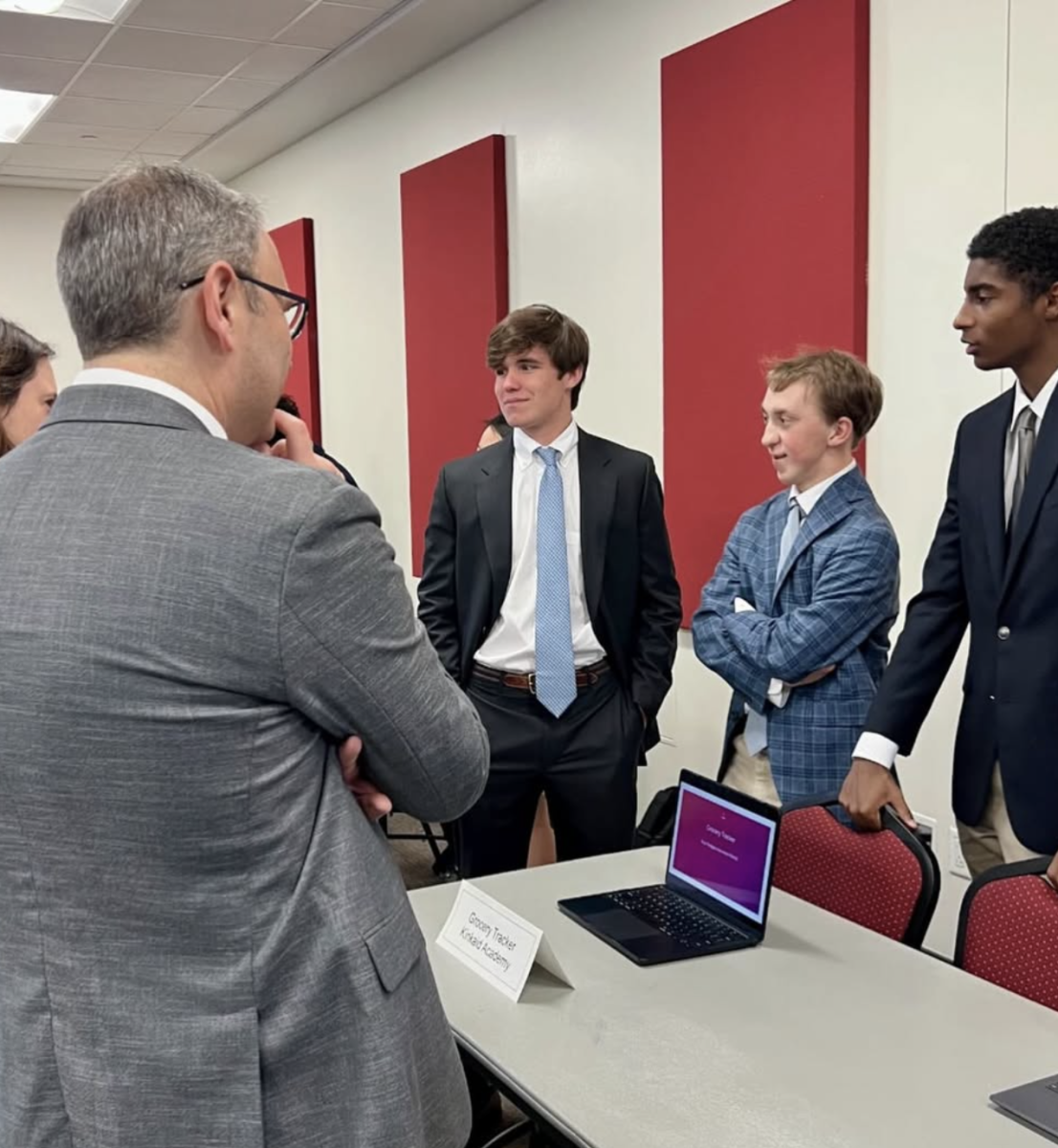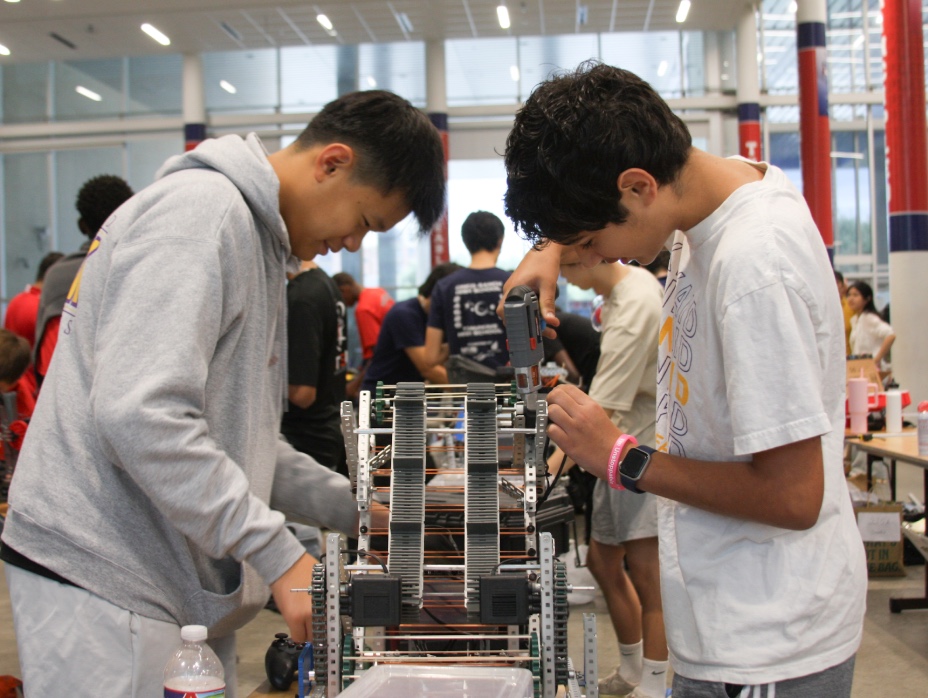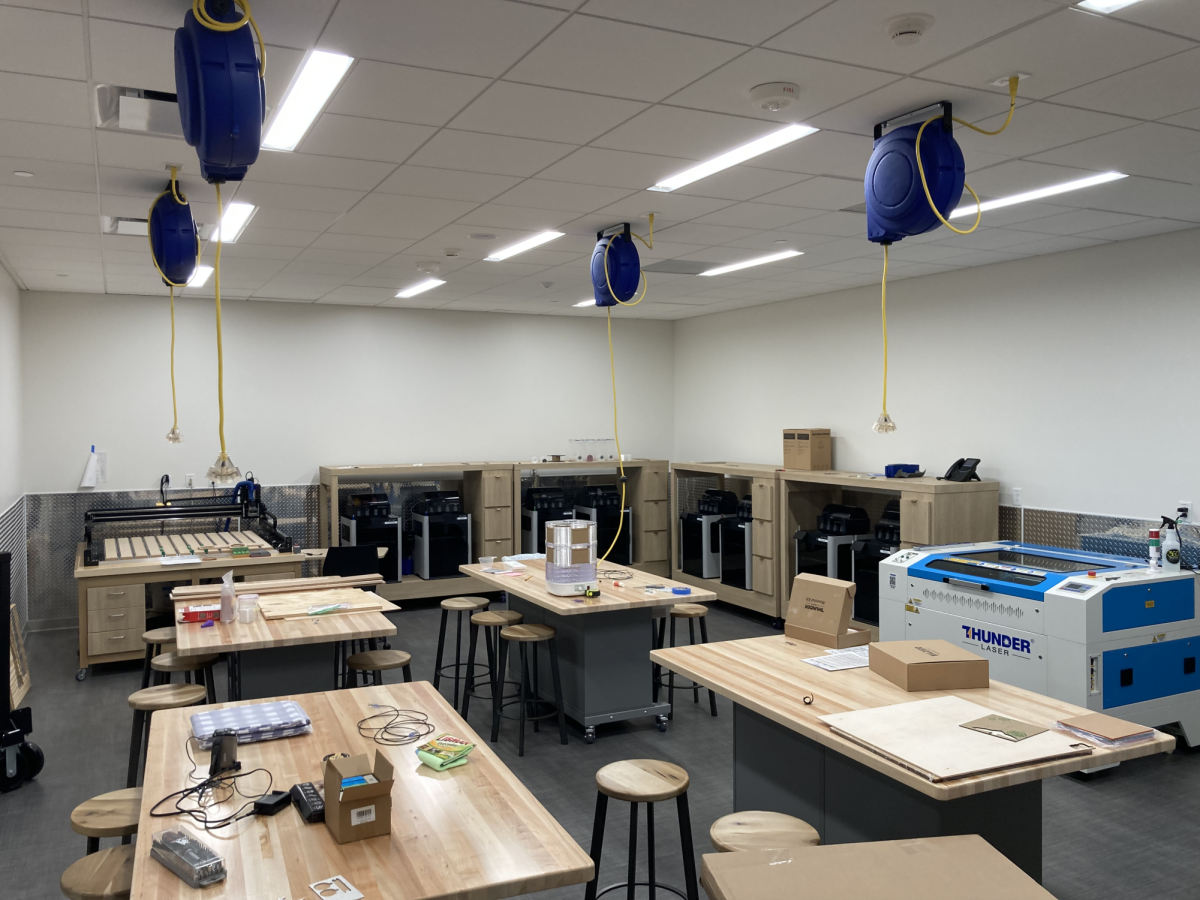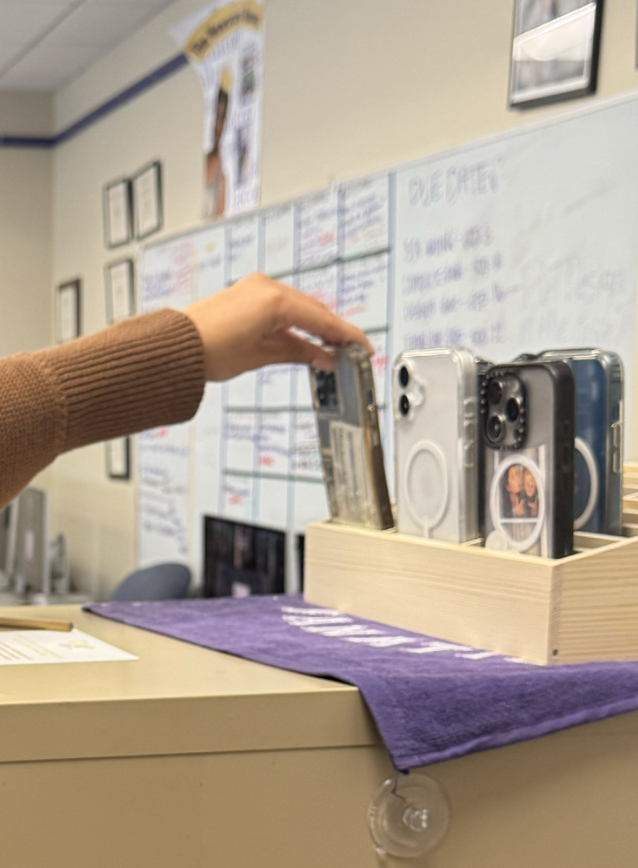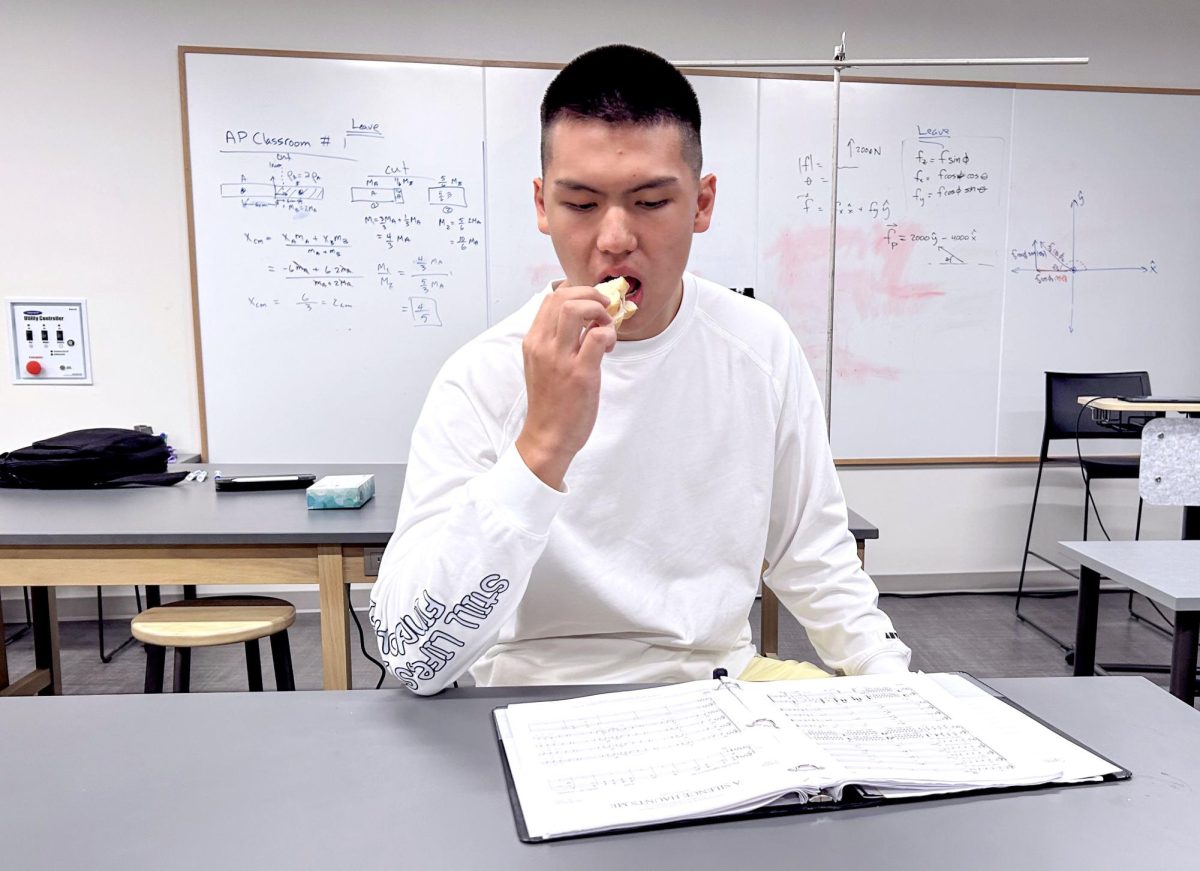Mr. Jonathan Haidt, a psychologist and author, believes “the smartphone changed from being our servant to being our master, for many people,” according to an interview he sat for for The New Yorker magazine.
Mr. Haidt, who visited Kinkaid and spoke to Upper School students during an assembly last year, influenced the school’s new cell policy with his book “The Anxious Generation: How the Great Rewiring of Childhood Is Causing an Epidemic of Mental Illness,” which became a No. 1 New York Times bestseller in hard-cover nonfiction books.
On Aug. 6, 2024, Head of Upper School Ms. Alex Spencer sent Kinkaid students an email detailing the new cell phone policy that would replace the more relaxed one from last year.
“Perhaps what’s most interesting is that adolescents – including many of our Upper School students in the audience this spring – often acknowledge that phones and social media are affecting their wellness,” Ms. Alex Spencer wrote in her email.
Her email discussed how, in an attempt to help support student well-being, Kinkaid had created a new policy where students must deposit their phones and smartwatches in newly installed cell phone pockets in or near their classrooms.
“I didn’t feel like phones were an actual distraction and they didn’t need to make a policy,” sophomore Drake Johnson said.
Students, though, seem to have mixed feelings about the new policy.
“I don’t think they really needed to take them away, but it really doesn’t bother me,” sophomore Julia Schneibner said.
On the other hand, teachers and staff said the policy is helpful.
“I think it’s good to remove the distraction but we live in a world where ideally you all will eventually be able to balance the phones with getting your job and work done yourselves,” Upper School history and social sciences teacher Dr. Bill Epps said.
Upper School English teacher Mr. James McCrink said he liked the policy.
“I like it because it gets kids talking again,” McCrink said.


